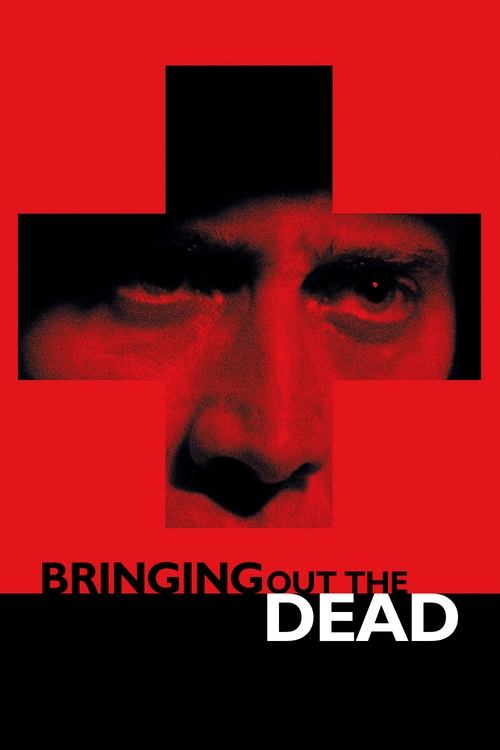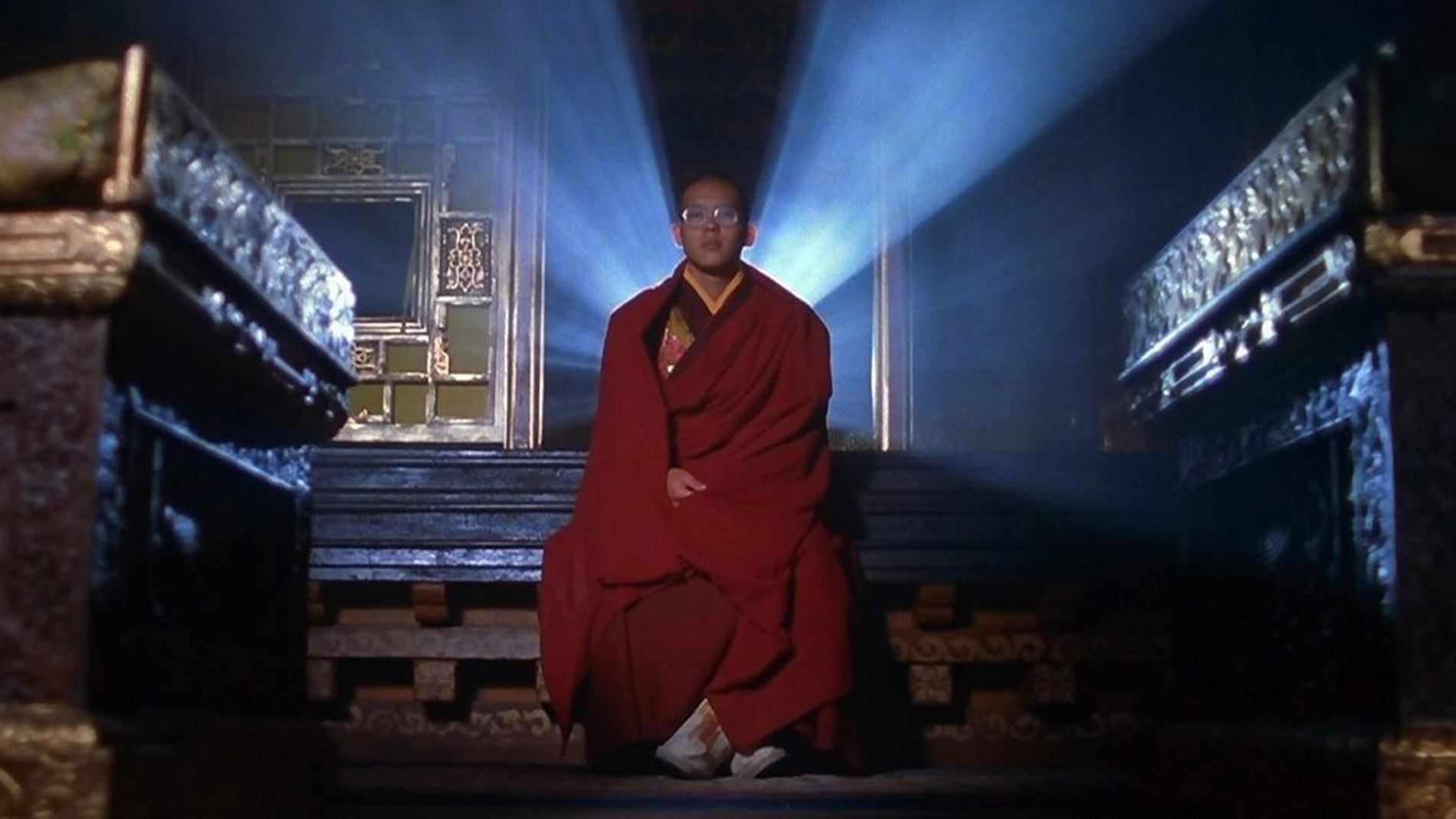Summary
The Tibetans refer to the Dalai Lama as 'Kundun', which means 'The Presence'. He was forced to escape from his native home, Tibet, when communist China invaded and enforced an oppressive regime upon the peaceful nation. The Dalai Lama escaped to India in 1959 and has been living in exile in Dharamsala ever since.
Cast
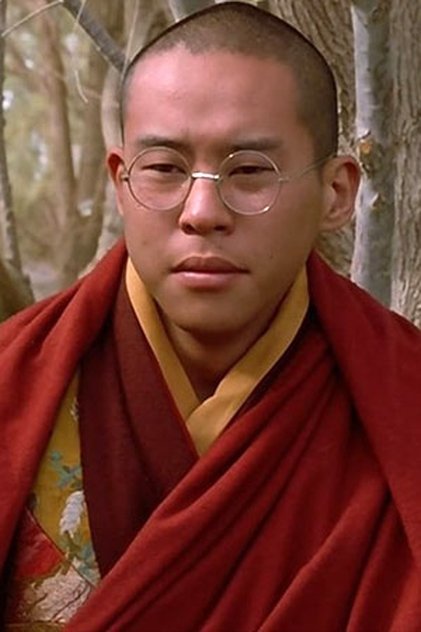
Tenzin Thuthob Tsarong
Dalai Lama (Adult)
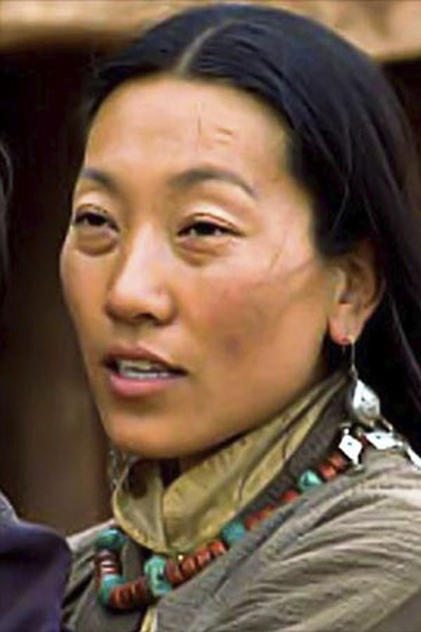
Tencho Gyalpo
Mother
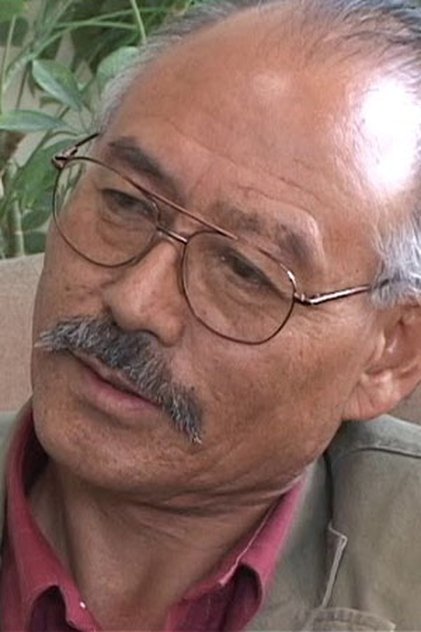
Tsewang Migyur Khangsar
Father
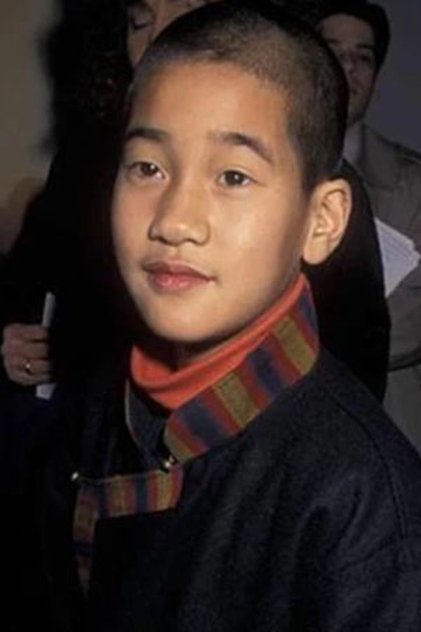
Gyurme Tethong
Dalai Lama (Age 12)
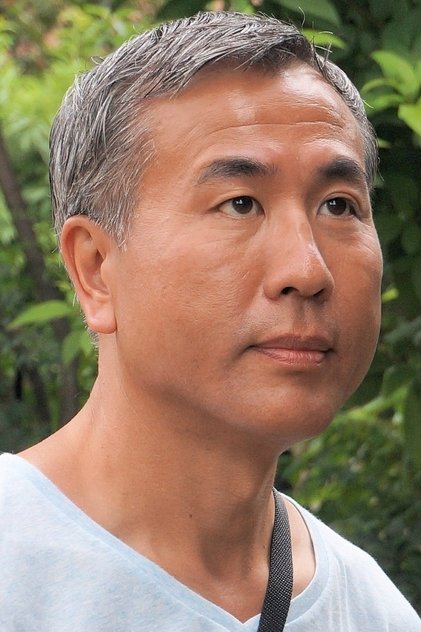
Robert Lin
Chairman Mao
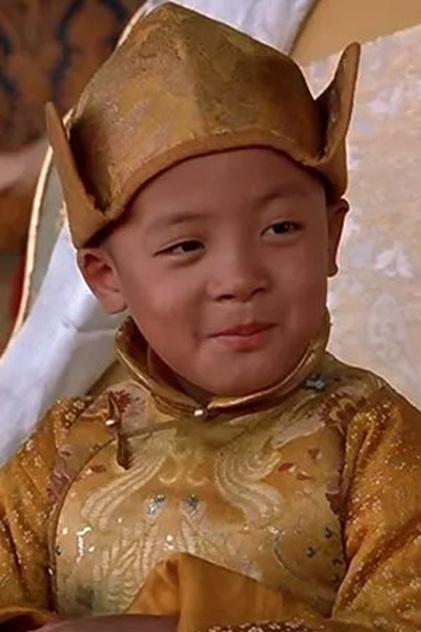
Tulku Jamyang Kunga Tenzin
Dalai Lama (Age 5)
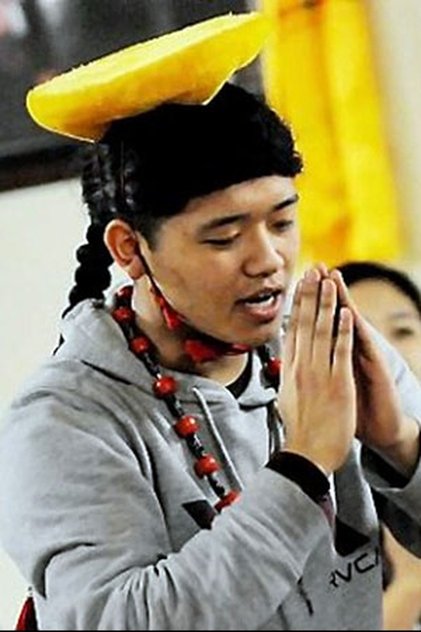
Tenzin Yeshi Paichang
Dalai Lama (Aged 2)
Tenzin Topjar
Lobsang (5-10)
Tenzin Lodoe
Takster
Geshi Yeshi Gyatso
Lama of Sera
Losang Gyatso
The messenger
Sonam Phuntsok
Reting Rinpoche
Gyatso Lukhang
Lord Chamberlain
Lobsang Samten
Master of the Kitchen
Jigme Tsarong
Taktra Rimpoche
Tenzin Trinley
Ling Rimpoche
Namgay Dorjee
Kashag/Nobleman #1
Phintso Thonden
Kashag/Nobleman #2
Chewang Tsering Ngokhang
Layman #1
Jamyang Tenzin
Norbu Thundrup
Tashi Dhondup
Lobsang (Adult)
Jampa Lungtok
Nechung Oracle
Karma Wangchuk
Deformed Face Bodyguard
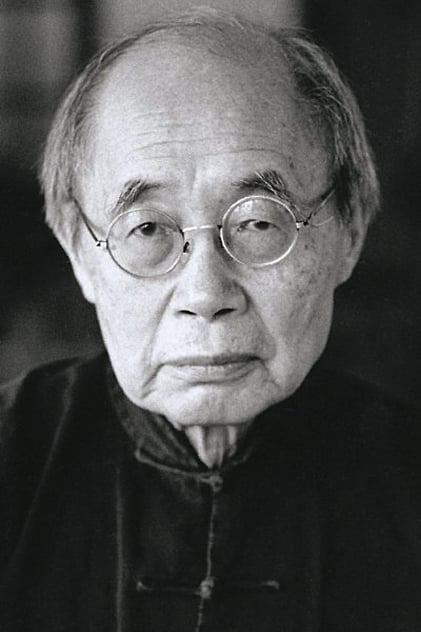
Kim Chan
Second Chinese General
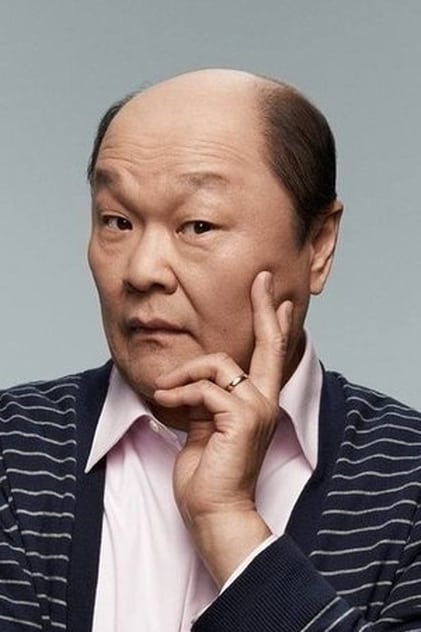
Henry Yuk
General Tan
Ngawang Kaldan
Prime Minister Lobsang Tashi
Jurme Wangda
Prime Minister Lukhangwa
Salden Kunga
Tibetan Doctor
John Wong
Chinese Comrade
Gawa Youngdung
Old Woman
Tenzin Rampa
Tenzin Chonegyl (Age 12)
Vyas Ananthakrishnan
Indian Soldier
Stanley Ipkiss
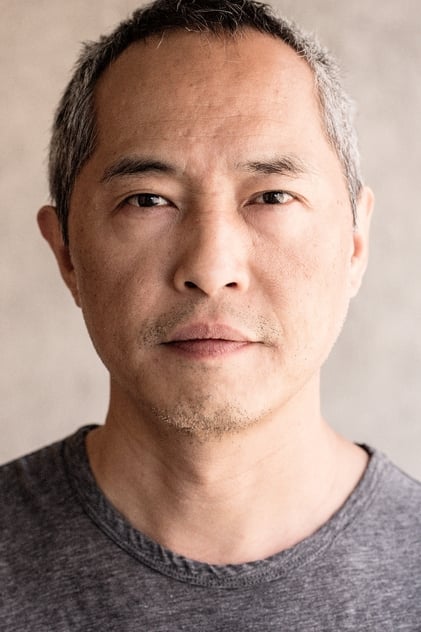
Ken Leung
(voice)
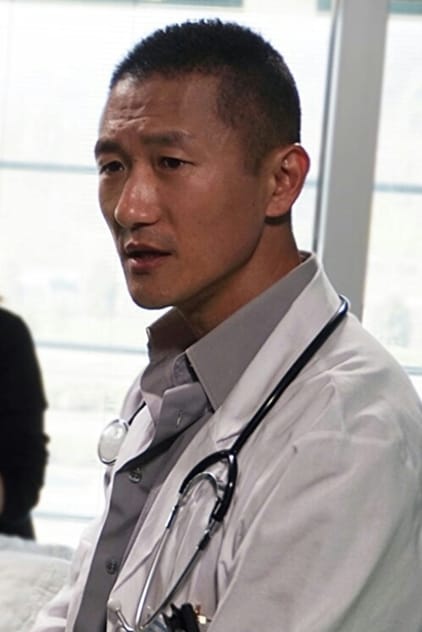
Yoon C. Joyce
Chinese soldier (uncredited)
R. Gern Trowbridge
Monk (uncredited)
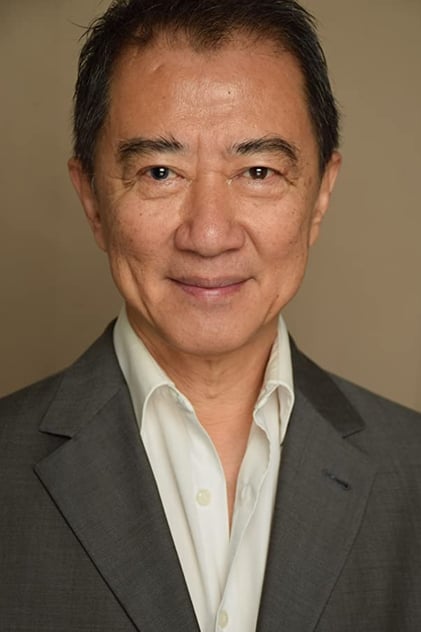
Ben Wang
General Chang Ching-Wu (uncredited)
Crew
Director
Martin Scorsese
Screenplay
Melissa Mathison
Reviews
Geronimo1967
September 6, 2022
7
If anyone were ever to question the undoubted skill of cinematographer Roger Deakins, then they need only watch this beautifully crafted story of the youth of the 14th Dalai Lama. Filmed in the Moroccan Atlas mountains, for obvious reasons, Martin Scorsese provides us with a lavish, colourful and thought-provoking postulation on just how this young man was selected, after a four year search, to become the venerated spiritual leader of a peaceful nation of farmers and monks, buried deep in the Himalaya mountains. The boy was but two, but already there was a fear amongst these folks for whom time has largely stood still, that their neighbour has designs on their homeland. As the boy ages into youth, those threats manifest themselves more practically and by the end, the man has little choice but to embark on a perilous journey to safety in India. The actors are perfect for their roles - the three iterations of the principal character morph seamlessly together as he must learn to tread a very thin line and attain the level of political acuity necessary to deal with the disarming, but ruthless, Chairman Mao (Robert Lin). Philip Glass scores well too - grand and intimate orchestrations complimenting well the beautifully coloured costumes and the rising political temperature. It does take it's time, but it is a subtly delivered hypothesis, this. It suggests more than it imposes on history and that makes for a more complete film to enjoy. Sure it has a message, quite a few as it happens, but they are there for us to develop ourselves - Scorsese doesn't tell us what to think. He invites us. Deakins was nominated for an Oscar for this, and to appreciate that fully then do try to see it on a big screen. In any case, it's well worth a watch offering plenty of food for thought.
Media
Status:
Released
Original Language:
English
Budget:
$28,000,000.00
Revenue:
$5,684,789.00
Keywords
Recommendations
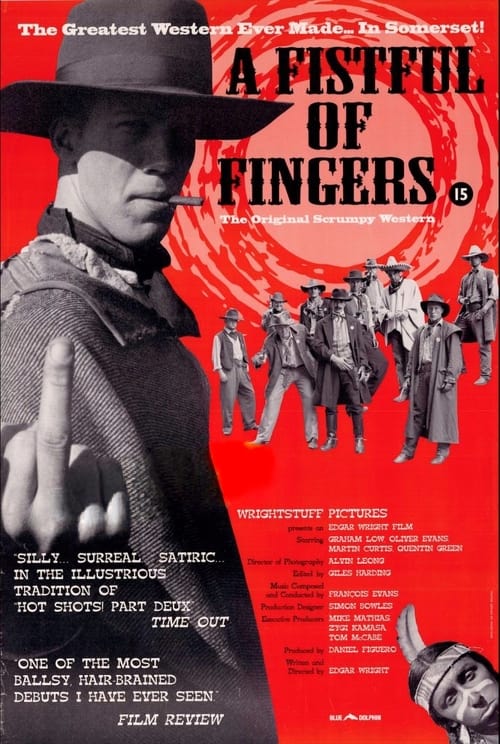
A Fistful of Fingers

Tokyo Shaking
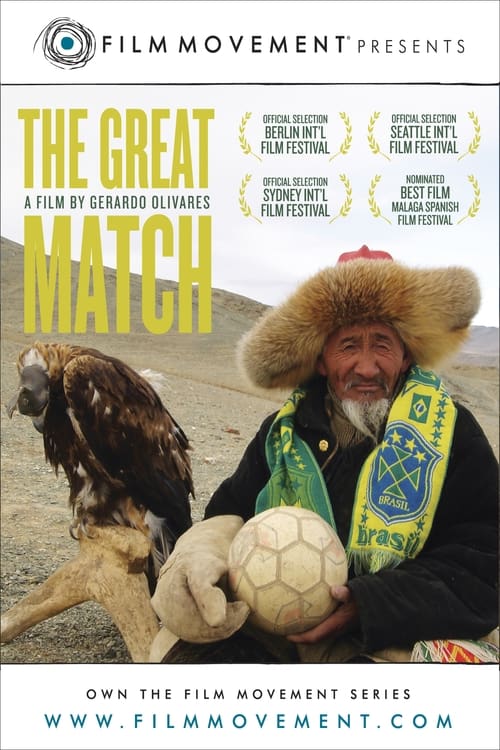
The Great Match
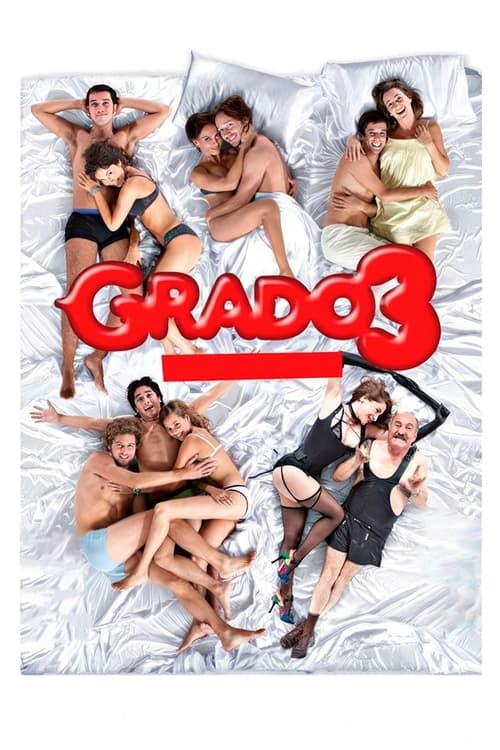
Phase 3
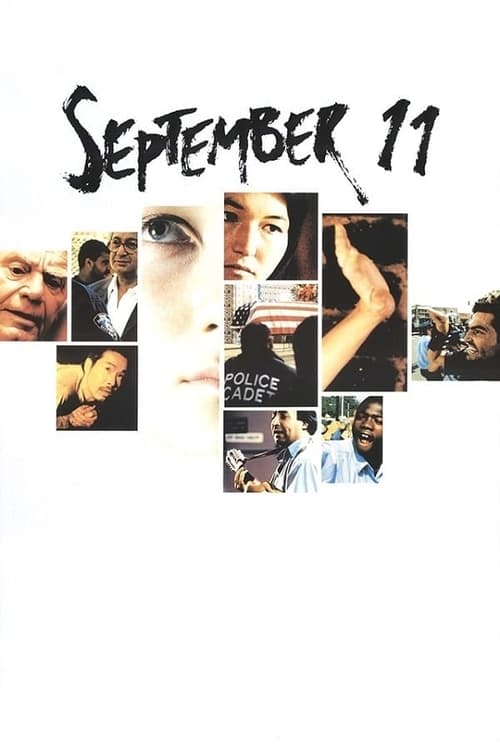
11’09”01—September 11
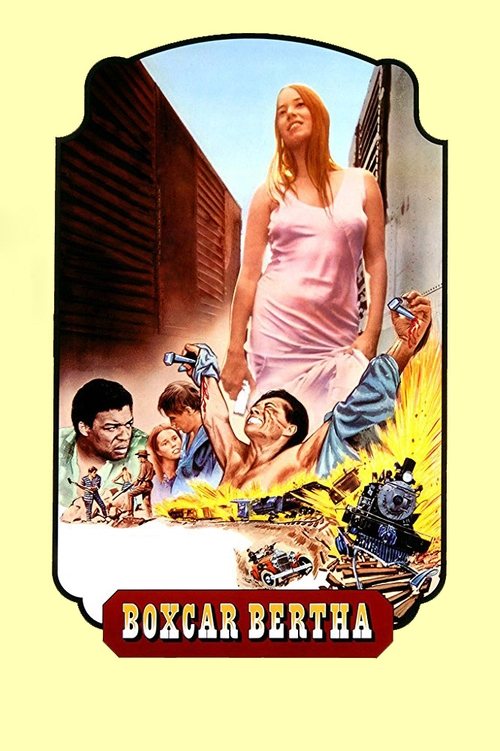
Boxcar Bertha
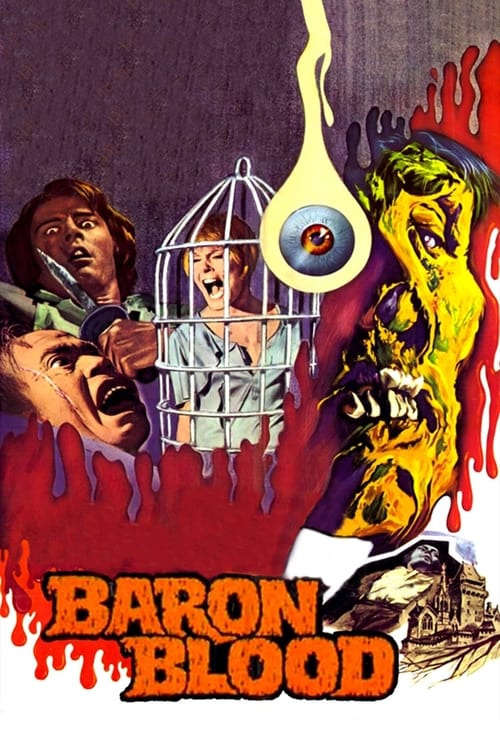
Baron Blood
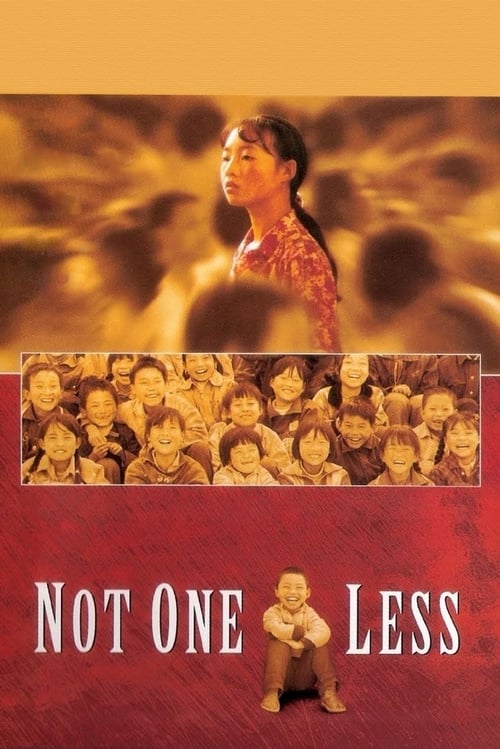
Not One Less

Gandhi
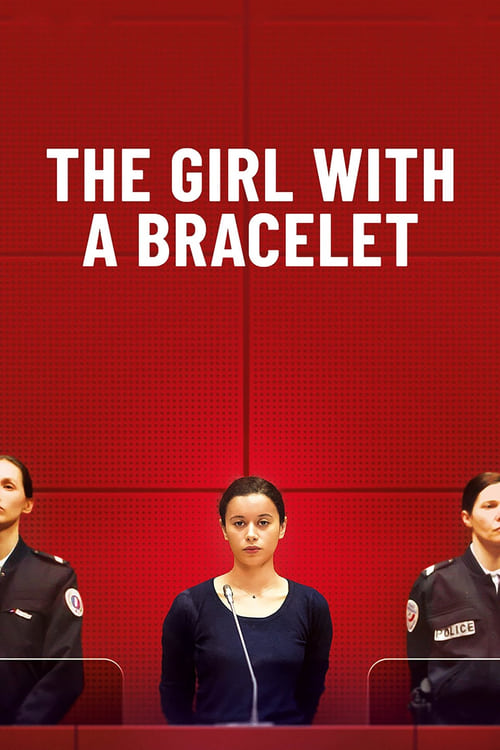
The Girl with a Bracelet
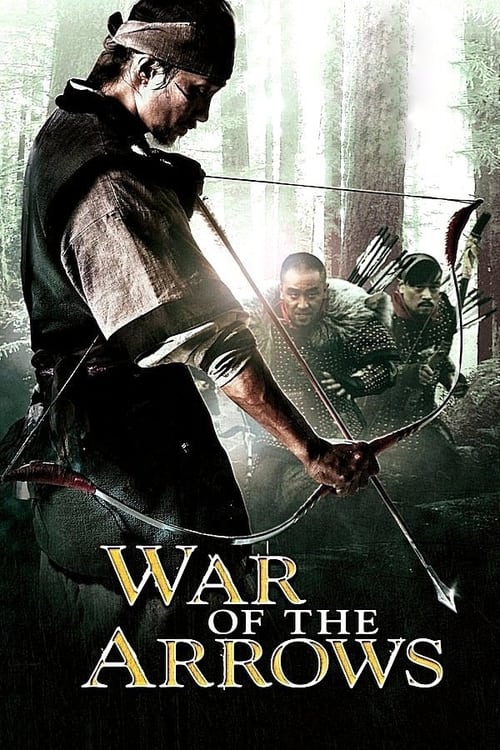
War of the Arrows
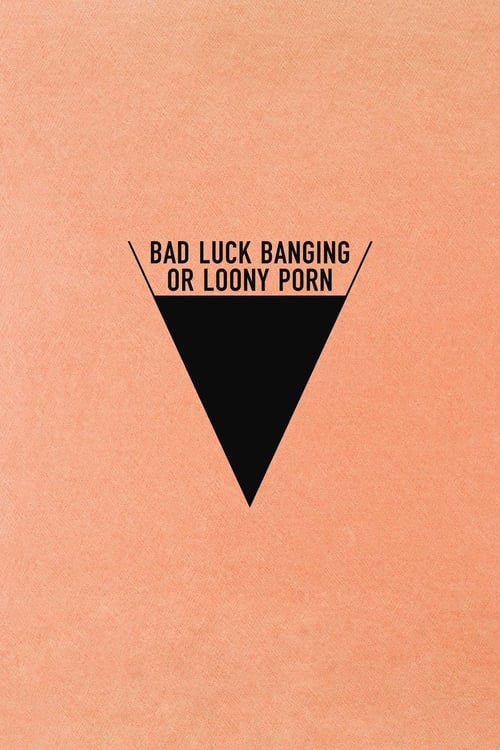
Bad Luck Banging or Loony Porn
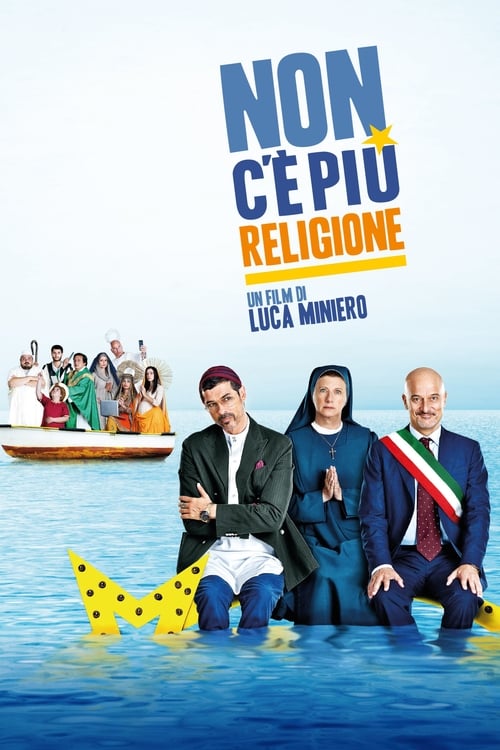
There's No Religion Anymore
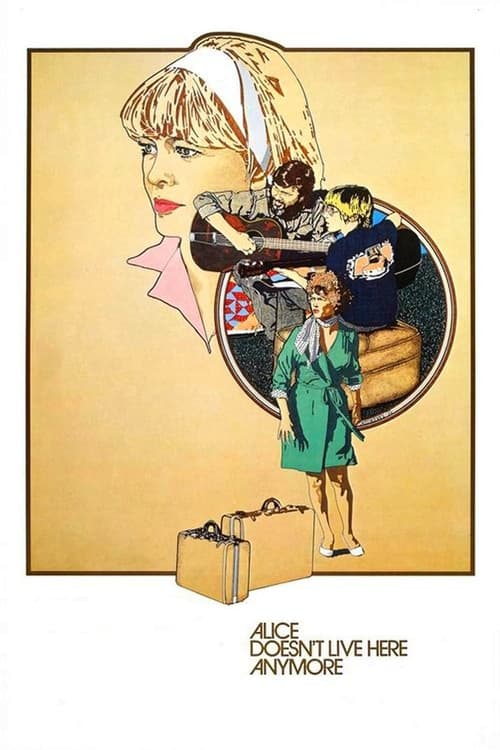
Alice Doesn't Live Here Anymore
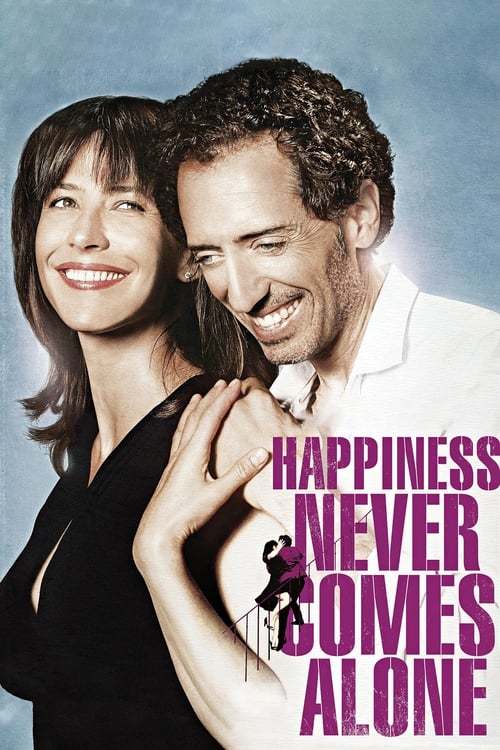
Happiness Never Comes Alone

Hair Love
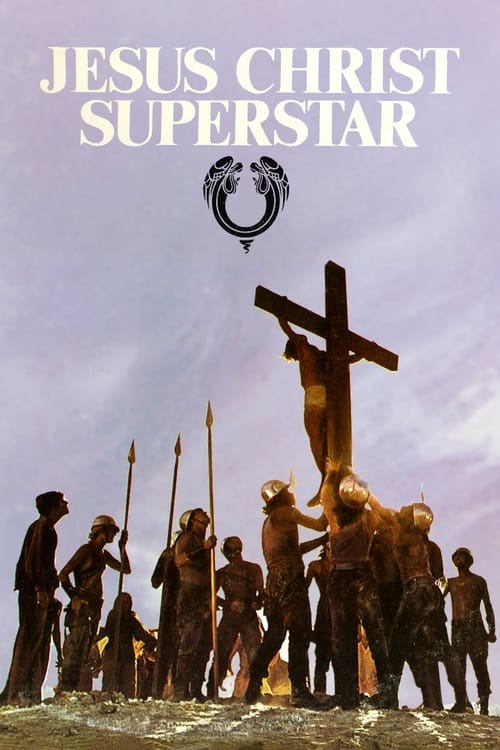
Jesus Christ Superstar
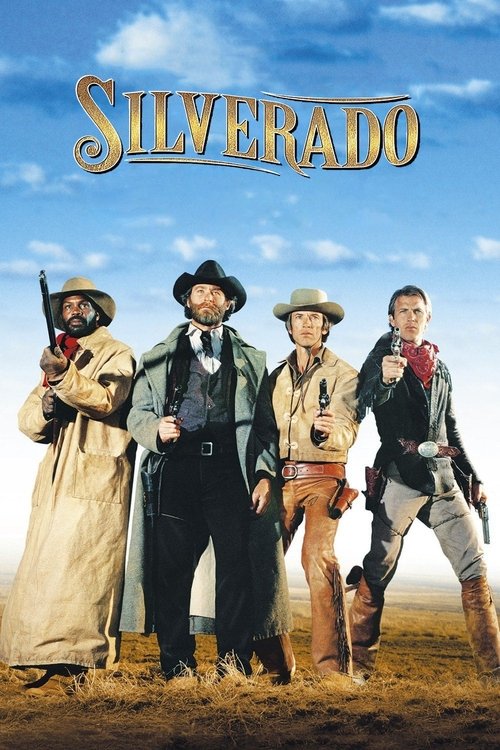
Silverado

Pretty Baby
